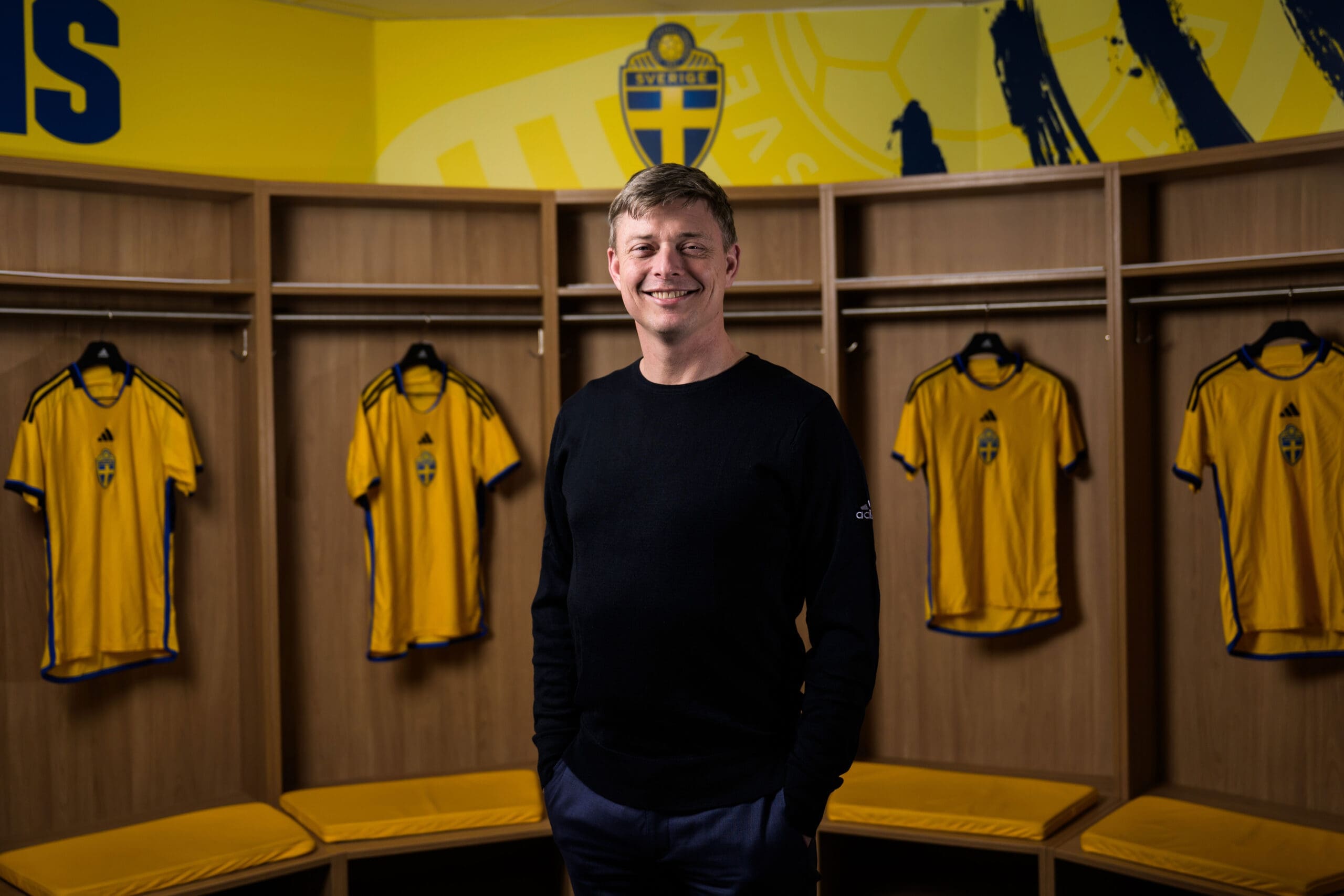Sweden’s footballing faith is being tested. A shock 2–0 loss away to Kosovo in September has left the national team’s 2026 World Cup qualifying hopes hanging by a thread. Once again, fans are grappling with the grim prospect that their beloved Blågult might miss out on a major tournament, the latest blow in what was supposed to be a triumphant new era.

Golden Generation, Tarnished Results
On paper, Sweden in 2025 boasts a golden generation of rising stars. Alexander Isak became the most expensive signing in Premier League history with a blockbuster move to Liverpool. Dejan Kulusevski is a regular starter in Tottenham’s attack. Viktor Gyökeres earned a marquee transfer to Arsenal after dominating in Portugal. And 19-year-old Lucas Bergvall has already broken into Tottenham’s midfield.
Individually, these players shine across Europe. Collectively, in Sweden’s yellow, they have struggled to even flicker. The defeat in Kosovo summed it up: a forward line packed with quality failed to score and was undone twice on the counterattack.
Expert Insight
We talked to Swedish pundit and media profile Siavoush Fallahi, who believes the problem runs deeper than just the attacking stars. “We have big names up front, but we are missing what used to be the Swedish organization and especially Swedish defenders. The foundation needs to be built on a good defense, and that’s not there right now,” he explained.

From Renaissance to Crisis
This was meant to be a renaissance. As the Zlatan Ibrahimović era faded, the quarter-final run at the 2018 World Cup suggested a bright future. Instead, Sweden missed out on Qatar 2022, failed to qualify for Euro 2024, and now risk another World Cup absence. It is the first time since the 1980s that Sweden has missed consecutive major tournaments.
Fallahi points out that luck has played its part, but not enough to mask the deeper decline. “The other qualifications were tight, small margins in playoffs that didn’t go our way. But the important thing is, we didn’t make it. And now we might miss out again,” he said.
A Tactical Identity Lost
The decision to appoint Jon Dahl Tomasson in 2024 was supposed to spark a new era of attacking football. Sweden now play more expansive, offensive football tailored to their forward talent. Yet the price has been defensive instability.
“Even when Sweden win, they risk conceding a lot of goals,” Fallahi noted. He believes the national identity has been lost in the process: “Sweden has always been about being well-organized, collective, hard to break down. Now, in trying to satisfy this generation, we’ve lost that foundation. The golden generation is mostly about strikers, not defenders. And we miss leaders like Lustig, Granqvist, Seb Larsson.”

Hope on the Line
Still, hope is not dead. Fallahi insists this team can recover if its stars are fit and performing. “When you play offensive football, you depend on your big attacking players. If Isak and Kulusevski are missing, short-term results will suffer. But with them in form, it’s a different story,” he said.
Looking ahead, he warns that missing a third straight tournament would be devastating. “It would mean some of these players might never play at a World Cup, which is very sad because talent-wise this is one of Sweden’s best teams in over 20 years,” Fallahi concluded.
Whether this golden generation finally fulfills its promise or fades into regret will depend on what happens in the coming months. For now, Sweden stands on the edge. Hope remains, but only just.
Read more about sports here.